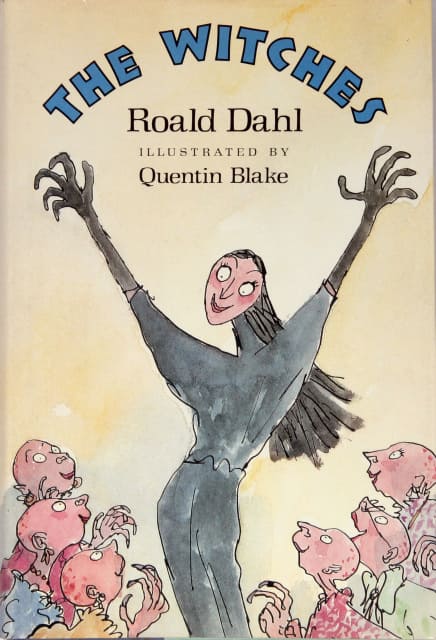

Author Caroline Kepnes views it as “a hilarious, feminist commentary on women, work and family” where men are ineffective and women possess more power, something that might prove horrifying to those frantically upholding the patriarchy. Various feminist critics of Dahl’s book and Roeg’s movie expressed distaste with its portrayal of childless women as murderous hags, although in recent years, some have seen it as more forward thinking and less misogynist in its worldview. In The Witches, a large cross-section of women didn’t just not want children but they wanted to kill everyone else’s, an unapologetic and bloodthirsty desire for a child-free world. The women we’re shown who don’t want children are usually glamorous femme fatales whose disinterest in motherhood is explained away by a more general sociopathy or unwanted spinsters who have seen their lives amount to nothing as a result.

We’ve seen in countless films that a woman who loses a child also loses her sanity too, and that women unable to conceive are instead driven to steal a baby from elsewhere. Hollywood has forever fed into reductive and tiresome stereotypes of women as either mothers or molls, usually identified by their feelings towards kids. It’s not just that the antagonists are women, it’s that they’re women who are made to resemble harmless family friends or neighbours, aunts or teachers, figures we expect to coo over babies, not try to murder them.

What makes The Witches so horribly effective, both on page and screen, is that this fear is aimed at a group that children have traditionally been taught to see as safe.


 0 kommentar(er)
0 kommentar(er)
